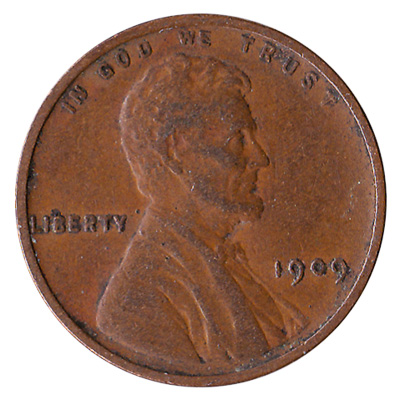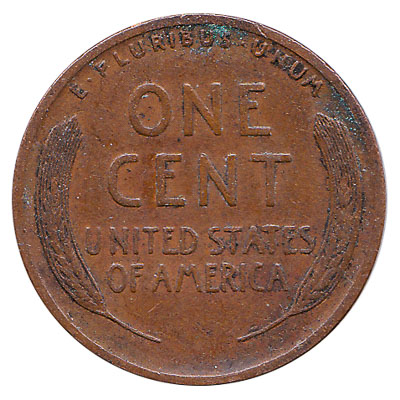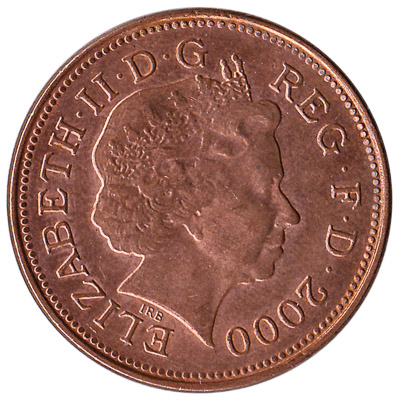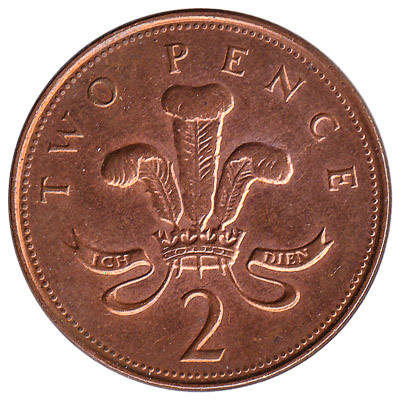We’ve all heard of it: the metal content of coins can be worth more than the face value. Melt a penny and earn two pence for the copper. But is it legal to melt coins? And is it worth it?
Is it legal to melt coins in the UK?
No. It is illegal to melt or break up coins in the UK. According to the UK Coinage Act 1971, one cannot melt or break any metal coin which is, or has been, current in the United Kingdom after 16th May 1969 (on that day, Parliament approved the Decimal Currency Act). So you cannot melt your pennies in the UK. Else you risk a £400 fine and/or two years imprisonment.The UK Coinage Act 1971 only applies to British coins. Therefore, it is not illegal to melt foreign coins in the UK. In addition, the Coinage Act does not apply outside the UK. One could bring his/her British coins to France and melt them there. In France, it is legal to melt any coins, foreign or domestic. The law that prohibited melting coins in France (Article 439 Code pénal) was repealed in 1992.
Is it legal to melt coins in the USA?
In the US, a melt ban was introduced in 2009: the US Mint prohibits the melting, treating and bulk exporting of one-cent penny and 5-cent nickel coins. Some exceptions apply, such as exporting less than $100 worth of coins, or melting 5-cent silver alloy coins dated 1942 to 1945 (source: Federal Register Vol. 72, 2009).So you cannot melt your US pennies and nickels in the United States or abroad. Else you risk a fine of $10,000 and/or five years of imprisonment.
Is it worth it?
For UK pennies: Copper one-penny and two-pence coins made before 1992 are 97% copper. Modern day British 1p and 2p coins are made of copper-plated steel. Before melting the copper coins, you’ll need to separate them from the copper-plated steel coins. It’s easy to do this: Copper-plated steel pennies are magnetic, while older, copper pennies are not.There is 6.9 grams of copper in a pre-1992 two-pence piece and 3.45 grams of copper in a pre-1992 penny. At current copper market prices, the copper value of a one-penny coin is £0.0157 pounds. The copper value of a 2p coin is £0.0314.
If you buy 100kg of 1p and 2p pieces, and 25% of the coins are pre-1992, the copper value for these coins is £88.20 pounds. The face value for the coins is £56.18 pounds. The potential reward is £32.02. For that money you’ll need to transport 100kg of coins across the Channel, sort them out magnetically, find a metal dealer and melt them. It’s questionable whether the potential reward of £32 per 100kg will cover your travel expenses, time and effort (and a cut for the metal dealer). Therefore, at current copper prices, it’s probably not worth melting your British pennies.


 For US pennies: The only one-cent coins with significant amounts of copper are those minted before 1982. Modern day one-cent coins are made of 97.5% zinc. You’ll need to separate the two types. Magnets won’t help: both copper and zinc are none-magnetic. Separating your zinc pennies from your copper pennies can be tedious and time-consuming.
For US pennies: The only one-cent coins with significant amounts of copper are those minted before 1982. Modern day one-cent coins are made of 97.5% zinc. You’ll need to separate the two types. Magnets won’t help: both copper and zinc are none-magnetic. Separating your zinc pennies from your copper pennies can be tedious and time-consuming.
Let’s say you separated your US pennies and you ended up with 20-25% of copper 1-cent coins from 1982 and before. Pre-1982 one-cent US pennies weigh 3.11 grams and are 95% copper. That means there’s 2.95 grams of copper in a US penny. Based on current copper spot prices, the copper value of a one-cent coin is $0.0168 USD.
If you buy 100kg pennies, and 20% of them are pre-1982, you have 6,431 copper pennies. The face value for these is $64.30 USD. The copper value is $108.04 USD. The potential reward is $43.73 USD. For that money you need to transport 100kg of coins, sort them, melt them and sell the copper. Oh yes, and break the law. Can we agree it’s not worth it to melt your US pennies?

 Loading
Loading